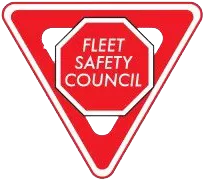Canadian trucking companies and operators now have access to an entirely new revenue stream thanks to a pioneering technology that’s just hit the market from homegrown firm Spectaire.
For each truck in their fleet, a company can receive thousands of dollars in passive income per year by accessing Spectaire’s patented technology.
How it works is that there are currently many newer model trucks on the road that have emissions standards performing better than the expected average. Emissions-intensive businesses around the world are looking for ways to offset their own emissions by purchasing carbon credits on the carbon trading market. However there currently isn’t sufficient supply to meet the global demand for such credits.
Spectaire’s Chief Scientific Officer Brian Hemond, PhD, has created a device that gets connected to the exhaust of a truck and accurately measures its emissions in real time. The device has been approved and accredited by carbon trading markets, and so any truck that makes use of it can submit its data to be turned into carbon credits and receive a fee for this process.
“Once a fleet decides to partner with us on this exciting new technology, we outfit their vehicles with our technology and process the carbon credit earnings on their behalf,” explains Spectaire founder and CEO Brian Semkiw.
Semkiw, an engineer by training and a celebrated entrepreneur who was previously named CEO of the Year by Profit Magazine, says that Spectaire is now looking to connect with Canadian trucking companies and operators to explore partnerships.
“While other industries receive benefits like tax credits for having environmentally friendly processes, there has been no way to financially reward truck companies for their modernized fleets until now,” adds Semkiw. “We’re changing that by generating money for truck operators simply based on monetizing the best practices they already employ. This is a win for the trucking industry and a win for the global effort to reduce greenhouse gas emissions.”






















